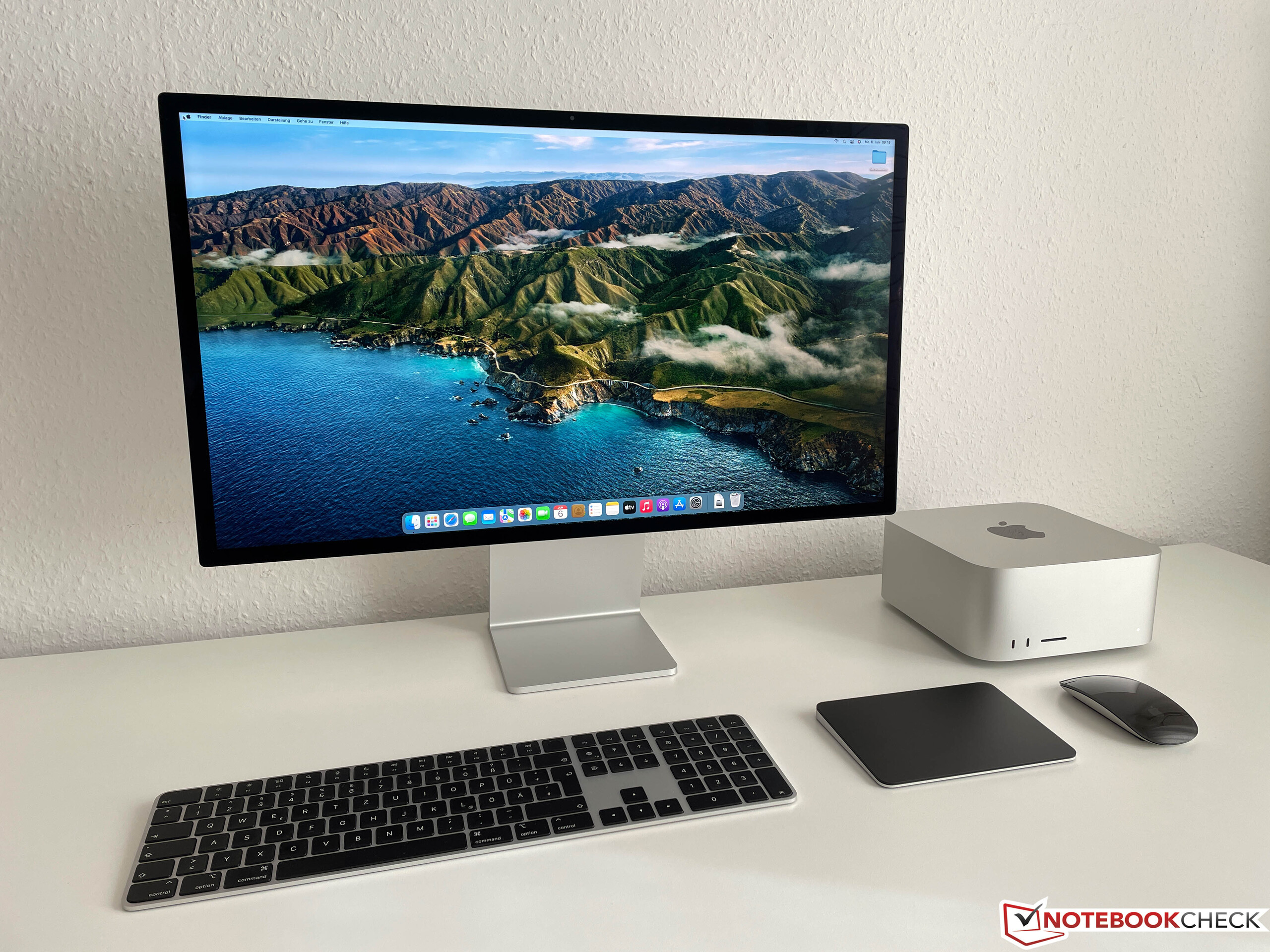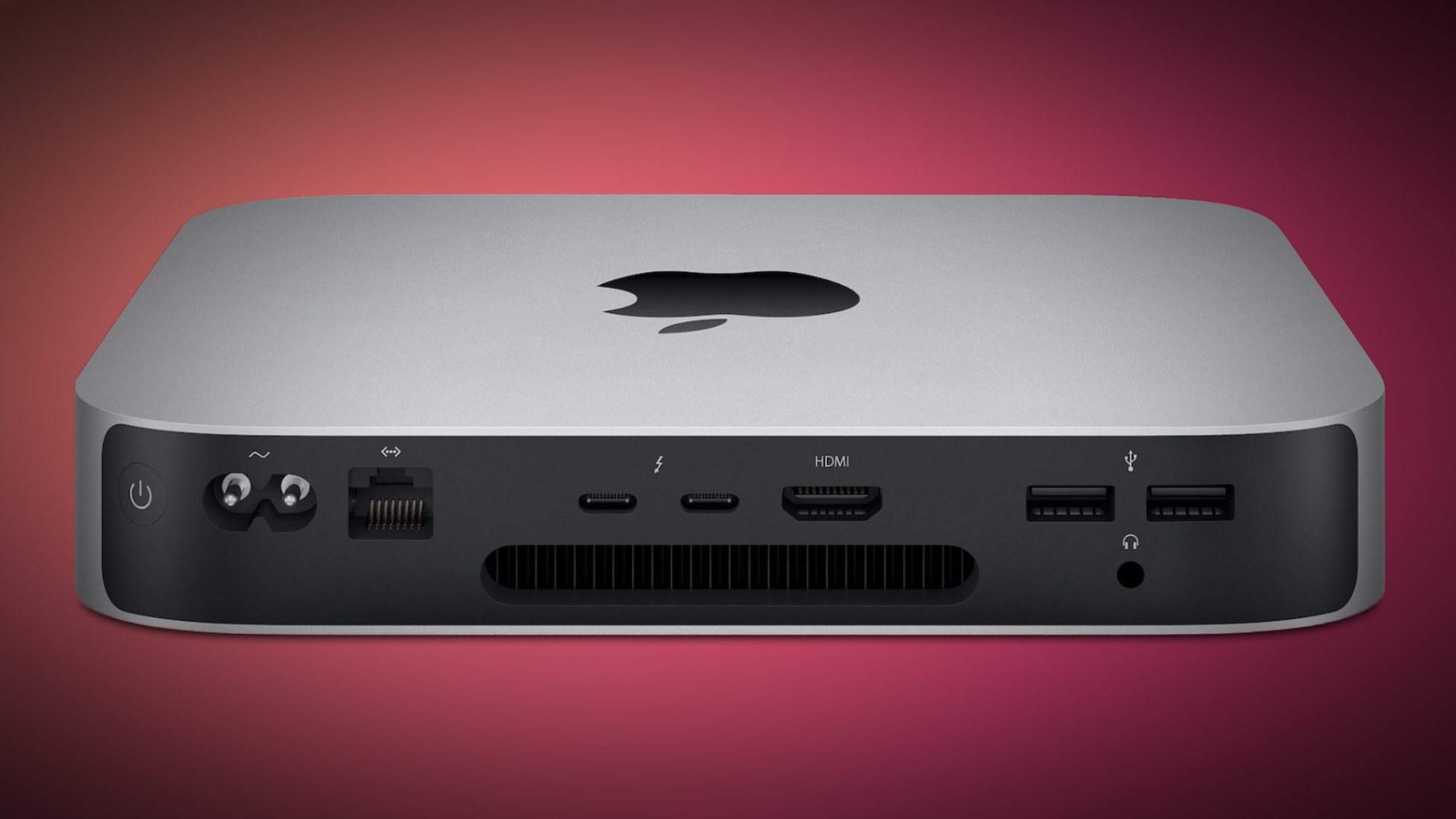When a public figure, especially someone known for their distinctive creative work, becomes the subject of various claims, it really shakes things up for everyone involved. It brings a lot of attention, sometimes unwanted, to their life and their career. People start talking, and these conversations often spread very quickly, making it a big deal for the artist and for those who follow their work. This sort of situation, frankly, makes many wonder about the nature of fame and public life itself.
The way information travels today means that any mention of an artist facing difficult claims can reach a vast number of people in a very short span of time. It's almost like a ripple effect across a very still pond, you know, where one small drop can cause waves that reach far and wide. This rapid sharing means that discussions about Mac DeMarco allegations, for instance, can pop up everywhere, from social media feeds to online fan communities, causing quite a stir.
For fans and followers, these moments can be a bit confusing, actually. They might feel torn between their appreciation for the artist's songs and the serious nature of the claims being discussed. It raises questions about how we view those we admire and what our responsibilities are as listeners or consumers of art. So, there is a lot to think about when these kinds of reports come to light.
Table of Contents
- Who is Mac DeMarco?
- What Are the Whispers Around Mac DeMarco?
- How Do These Claims Affect an Artist's Path?
- Is There a Way Forward After Mac DeMarco Allegations?
- Looking at Public Perception and Media's Role
- The Fan Community's Take on Mac DeMarco Allegations
- A Closer Look at Supporting Artists
- The Broader Conversation Around Accountability
Who is Mac DeMarco?
Mac DeMarco, whose given name is actually Vernor Winfield MacBriare Smith IV, is a Canadian singer-songwriter, multi-instrumentalist, and producer. He has gained a considerable following for his distinctive musical style, which people often describe as "jizz jazz" or "slacker rock." His songs are typically laid-back, featuring a unique guitar sound and a vocal delivery that feels very relaxed, almost conversational. He started putting out music in the early 2010s, and his work quickly found a dedicated audience, especially among younger listeners who appreciated his quirky personality and the chill vibe of his tunes. His live shows, too, are known for being quite energetic and sometimes a little unpredictable, which has helped build his reputation as a genuinely interesting performer.
He's put out several well-received albums and EPs over the years, collecting a loyal group of listeners around the globe. His songs frequently explore themes of love, growing up, and simply observing the everyday world around us. People often feel a real connection to his music because it feels so authentic and unpretentious. He has, in some respects, carved out a unique spot for himself in the music world, standing apart from many of his peers.
| Full Name | Vernor Winfield MacBriare Smith IV |
| Known As | Mac DeMarco |
| Birth Date | April 30, 1990 |
| Birth Place | Duncan, British Columbia, Canada |
| Occupation | Singer-songwriter, Multi-instrumentalist, Producer |
| Musical Genres | Indie Rock, Psychedelic Pop, Jizz Jazz, Slacker Rock |
| Years Active | 2009–Present |
What Are the Whispers Around Mac DeMarco?
When a person who is widely known, like Mac DeMarco, becomes the topic of various claims, it creates a very particular kind of public discussion. These are often not formal charges, but rather stories or experiences shared by individuals, sometimes on social media or in other public forums. The nature of these discussions can vary widely, from vague mentions to more detailed accounts. It's a situation where the general public begins to hear things, and those things, in turn, start to shape how people see the artist. So, these conversations around Mac DeMarco allegations can feel a bit like a shifting ground for everyone watching.
It's interesting how these sorts of claims tend to surface in the modern age. A post online, a comment, or even a shared personal story can gain traction very quickly. This means that information, or what appears to be information, can spread without much initial verification, leading to a lot of speculation and debate. For someone in the public eye, this can be quite a lot to deal with, as their name becomes linked to discussions that they might not have control over. People, you know, form opinions based on what they hear, and that can be a powerful thing.
How Do These Claims Affect an Artist's Path?
The impact of claims, such as those that might surround Mac DeMarco allegations, can ripple through an artist's professional life in many different ways. For one, it can change how their record label or management team approaches their work. There might be decisions made about future releases, touring schedules, or even promotional activities. Sometimes, planned projects get put on hold, or they get canceled entirely. It's a situation that can bring a lot of uncertainty to a career that already has its fair share of ups and downs. An artist's ability to create and share their art can become tangled up in these external factors, which is a very real challenge.
Beyond the immediate business side of things, these sorts of claims also have a considerable effect on an artist's public image and the connection they have with their fan base. Some fans might choose to distance themselves, feeling a need to re-evaluate their support. Others might stand by the artist, offering words of encouragement. This division can be a difficult thing to witness, as it often plays out in public spaces, like social media comments or online forums. The way people perceive the artist can shift dramatically, and rebuilding that trust or understanding can take a lot of time and effort. It really changes the dynamic between the creator and their audience, you see.
Is There a Way Forward After Mac DeMarco Allegations?
When claims like the Mac DeMarco allegations surface, a big question that often comes up is about what happens next. For the person involved, finding a way forward can mean different things. It might involve a period of reflection, perhaps addressing the claims directly, or even taking steps to show a commitment to personal growth and responsibility. Public figures, like anyone else, have a chance to learn and adapt. It's a situation that can prompt a lot of internal work, and sometimes, this work is shared with the public, or it happens more privately. The path ahead is never quite clear, but it often involves a process of coming to terms with the situation and figuring out how to move on.
For the public, and especially for fans, the way forward often involves deciding how they will continue to engage with the artist's work. Some might choose to separate the art from the artist, enjoying the music while acknowledging the discussions around the person. Others might find it too difficult to do so. This kind of personal decision-making is a very individual thing, and there isn't a single right answer. So, the question of moving past these moments is complex, and it really depends on what each person feels is appropriate for them.
Looking at Public Perception and Media's Role
Public perception is a very powerful force, especially when it comes to individuals who are in the public eye. When claims about someone, say, like the Mac DeMarco allegations, begin to circulate, the way the general public sees that person can change very quickly. It's almost like a sudden shift in the collective mood or opinion. The news, whether it's from traditional outlets or social media, plays a big part in shaping this perception. Information spreads at an incredible pace, and sometimes, the initial reports or discussions are what stick in people's minds, even if more details emerge later. So, the initial wave of information can really set the tone for how an artist is viewed for a long time.
The role of various media platforms in these situations cannot be overstated. Social media, for instance, allows for instant sharing and discussion, meaning that a story can go viral before anyone has had a chance to fully process it. This speed can be a bit of a double-edged sword. While it allows for important conversations to happen, it also means that rumors or unverified claims can spread just as quickly. It creates a kind of constant feedback loop where public opinion is formed and reformed in real-time. This makes managing one's public image a particularly challenging task for any artist facing such claims.
The Fan Community's Take on Mac DeMarco Allegations
Within any artist's fan community, the surfacing of claims, like those related to Mac DeMarco allegations, often creates a noticeable divide. You see, some fans might feel a strong loyalty to the artist, choosing to support them through the difficult period. They might focus on the music, or they might express belief in the artist's character. These fans often rally together, sharing messages of encouragement and defending the artist against what they perceive as unfair criticism. It's a very human reaction, to stand by someone you admire, and it shows a deep personal connection to the art and the artist.
On the other hand, there are fans who might feel a sense of disappointment or even betrayal. They might question their previous support and decide that they can no longer engage with the artist's work. This group often expresses concerns about accountability and the importance of addressing serious claims. Their feelings are also very valid, reflecting a desire for ethical behavior from public figures. This split within the fan base can lead to intense discussions and debates, sometimes making online spaces feel a bit tense. It highlights how personal and emotional the connection to music and artists can be for many people.
A Closer Look at Supporting Artists
The question of how to support artists, especially when they are facing public claims, is a topic that many people think about deeply. It really makes one consider the relationship between the person who creates the art and the art itself. Some individuals find it quite possible to enjoy a piece of music, a film, or a painting without necessarily endorsing every action or behavior of the person who made it. They might believe that the creative work stands on its own merits, separate from the artist's personal life. This approach allows them to continue appreciating the artistic output, even if they have reservations about the individual. It's a way of saying, you know, that the art has its own value.
However, others feel that the two are inextricably linked. For them, supporting an artist's work means, in a way, supporting the artist as a whole. If they have concerns about the artist's conduct, they might feel that they cannot, in good conscience, continue to consume or promote their work. This perspective often comes from a place of strong personal values and a belief that public figures should be held to certain standards. Both viewpoints are common, and they reflect the different ways people engage with culture and public personalities. There isn't one simple answer, and people often find themselves wrestling with these kinds of thoughts.
The Broader Conversation Around Accountability
The discussions that arise from situations like the Mac DeMarco allegations are part of a much larger conversation happening in society today about accountability. People are increasingly expecting public figures, whether they are musicians, actors, or politicians, to be held responsible for their actions. This shift reflects a growing awareness of power dynamics and the importance of creating safe and respectful environments for everyone. It means that what might have been overlooked or dismissed in the past is now being brought to light and examined more closely. So, these specific instances often contribute to a wider dialogue about what is acceptable behavior and what the consequences should be when those expectations are not met.
This evolving societal view means that artists, and indeed anyone with a public platform, are under greater scrutiny than ever before. There's a stronger emphasis on listening to those who come forward with claims and taking their experiences seriously. This is a very important development, as it pushes for greater transparency and fairness. The way we talk about these matters continues to change, and each new situation, including the claims that sometimes arise around Mac DeMarco, adds another layer to this ongoing and very necessary discussion about responsibility in the public eye. It's a sign of how our collective values are, in some respects, always growing and adapting.
This article has explored the general landscape surrounding claims made against public figures, using the idea of Mac DeMarco allegations as a conceptual example. We looked at how such claims emerge and spread, the ways they can impact an artist's professional life and connection with fans, and the complex path forward for both the individual and their audience. We also touched upon the media's influence on public perception and the broader societal shift towards greater accountability for those in the public sphere. The discussion highlights the intricate relationship between art, artist, and audience in a world where information moves very fast.


